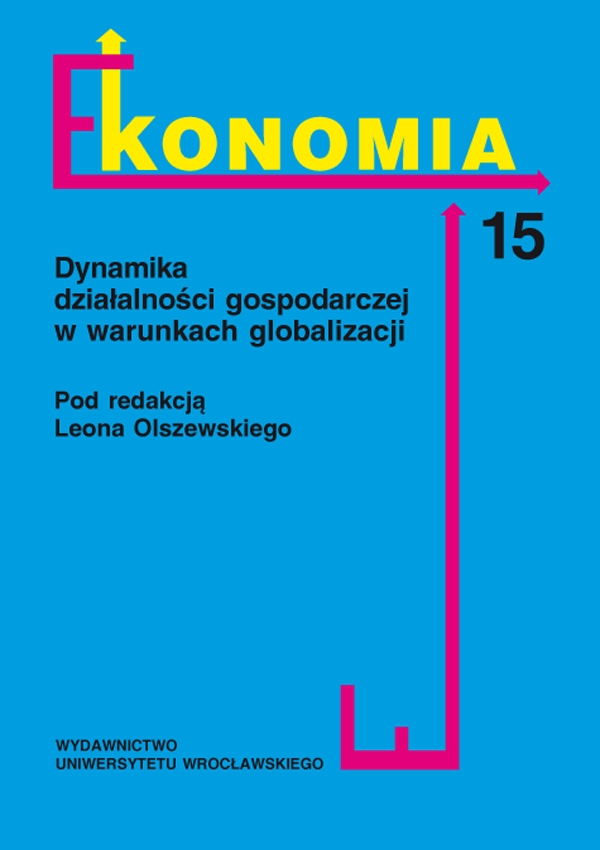

Determinanty zmian w gospodarce światowej

Durability of the relation between the socio-economic system and the natural capital
All the systems that are part of the natural capital preserve the resources’ and the services’ productive function. This function relies on the fundamental ecological processes. This explains why the energy flow coming from the radiant solar energy, which is free, just as the recycling of the food components that ensure the fundamental mechanism for the maintenance of the bio-geo-chemical circuits are essential elements in the structure of the natural capital. At the same time, we consider that the maintenance of the spatial and temporal organization of the productive function and the control of the dynamics of these ecological systems are achieved only if the human populations’ direct and considerable intervention is ensured in a permanent and harmless way. Given the strict dependence on the direct and complex intervention of the human populations, associated with an auxiliary flow of energy produced in the energy conversion systems, we can state that these ecological systems present structural and functional features characteristic of the human systems and, consequently, we consider them as part and parcel of the socio-economic systems as well. In fact, a third of the agro-systems are intensive and super-intensive productive structures that demand a very high energetic input of up to 10 kcal/m2 per year; this is why such ecological systems can be considered components of the capital controlled by the human populations. Finally, we consider that these ecological systems represent components of the natural capital, dominated and controlled by the human populations and, consequently, we can affirm that they are subordinated from a structural and functional viewpoint to the development strategies of the socioeconomic system, which demonstrates that they are practically integrated in the socio-economic system.